Paul Biya, the well protected tyrant
By Joseph FritzMcBobe, Local Correspondent, Endeley Quarters Bokwango, Buea
(+237) 697889553
Introduction: The Tyrant Wasn’t Born—He Was Made.
Paul Biya’s rise to power in Cameroon was neither an accident of history nor the result of democratic evolution. It was the calculated outcome of France’s long-standing postcolonial strategy: to govern Africa not through colonial governors but through loyal African surrogates trained to serve French interests under the guise of sovereignty. Biya became the quintessential prototype.
To understand Biya’s tyranny is to understand France’s mastery of subtle political engineering—of choosing not strong African leaders but malleable elites who would preserve French dominance while mimicking independence. In Biya, they found a pliant intellect, emotionally distant, highly secretive, with an almost spiritual belief in order and hierarchy. France saw not just a man—they saw an instrument.
The Colonial Womb: Where Tyrants Are Formed
Born in 1933 in Mvomeka’a, a tiny village tucked deep in the Beti-Bulu heartland of the South Region of La Republique du Cameroun, Biya came of age under direct French colonial rule. His formative years were spent in a world where the white man was god, law, and life. Schools were French. Churches were French. The press, the military, and the state were all French-controlled. To succeed meant to mimic, submit, and internalize French superiority.
Biya did all three.
Educated at elite Catholic seminaries and trained in Paris at the Institut d’Études Politiques, Biya was groomed for servitude—not leadership. Unlike revolutionary contemporaries like Nkrumah or Sankara, Biya never sought to challenge France; instead, he perfected the art of being useful to it.
The Personality France Chose.
Biya was a technocrat, not a populist. He was quiet, composed, highly cautious, and had no political base of his own. To the French, this was a virtue. He posed no threat to their interests, harbored no Pan-African ambitions, and lacked the charisma that might spark mass mobilisation.
Where Ahmadou Ahidjo—the first post-independence president—was a strongman with a northern Muslim base, Biya was seen as more cosmopolitan, French-educated, and apolitical. He was the perfect placeholder. When Ahidjo stepped down under mysterious pressure in 1982, Biya slid into power—not as a victor, but as a vassal.
France’s Ideal Surrogate
Biya’s loyalty to France was near religious. His first major diplomatic trip as president was not to the UN or the AU—but to Paris. Over the decades, Biya would reward French companies with monopolies over Cameroon’s oil, infrastructure, military training, and currency (via the CFA franc). In return, France protected him from scrutiny, dissent, and international pressure.
What Biya lacked in leadership, he made up for in obedience. France was never interested in Cameroon’s development—only in continuity. Biya provided exactly that.
The Making of Tyranny: The Tools of Control.
Once in power, Biya wasted no time constructing an elaborate machine of authoritarianism—one that bore France’s architectural DNA:
• Centralisation of Power: Under the guise of “Communal Liberalism” (his political manifesto), Biya pushed a deceptive ideology of unity through control. Decentralisation was a mirage. Real power remained with him.
• Suppression of Anglophones: To enforce “national unity,” the English-speaking regions of British Southern Cameroons were systematically marginalised. Their legal systems, educational frameworks, and cultural autonomy were eroded.
• Perpetual Emergency: Biya ruled through decrees, emergency powers, and manufactured crises. The fear of chaos justified dictatorship.
• Political Mimicry: Elections were held, but they were farcical. Opponents were jailed, co-opted, or disappeared. Parliament was ornamental.
• Propaganda & Mythmaking: State media deified Biya as the “Father of the Nation” while silencing dissent. His absence became strategy. His silence became law.
The Tyrant’s Legacy:Camouflage and Collapse
By the 2000s, Biya had become the phantom president—ruling from luxury suites in Geneva while Cameroon descended into poverty, conflict, and decay. Roads collapsed. Universities stagnated. Hospitals rotted. But French companies thrived.
The tyranny was no longer about governing—it was about preserving France’s leash on Central Africa.
His war on Ambazonia was not just internal oppression—it was the culmination of France’s design: to break all forms of sub-national identity that could challenge centralised control. The genocide in Southern Cameroons is the logical conclusion of the colonial contract.
Succession Speculations: Who Will France Choose Next?
As Biya, now 93, nears the end of his reign, attention turns to the future. The question isn’t: Who will the people choose? The real question is: Who will France trust? Likely candidates are being tested not for their vision—but for their loyalty.
Likely French-backed successors:
- Franck Emmanuel Biya – The president’s son. Uncharismatic, obscure, and heavily protected by the Beti-Bulu security elite. Seen as a continuity candidate, but lacking legitimacy outside the tribe.
- Joseph Dion Ngute – Anglophone by name only. Elevated to PM to pacify the West, but widely viewed as a puppet.
- Fame Ndongo / Laurent Esso – Long-time regime technocrats and power brokers. Loyal, brutal, and devoid of popular support.
- Chantal Biya (or proxies) – Through marriage networks and business allies, she has formed a quiet alliance of elites ready to shape the post-Biya order.
- Beti-Bulu Generals – Military men like René Claude Meka may emerge as kingmakers, placing a civilian front over a military-run state.
But the real tragedy is this: none of these names reflect the will of Cameroonians.
Like Biya, they are all, candidates of colonial continuity—selected not for their love of country, but for their obedience to a master far away.
Conclusion: The Tyrant is Dying, but the System Remains.
Paul Biya is the longest-ruling leader in Africa not because he outwitted his people, but because he out-served his masters. His tyranny was designed, maintained, and sanitized by the French system of indirect rule—Cameroon is just the unfortunate prototype.
The making of a tyrant is never local—it is international. The future of Cameroon, and indeed of Ambazonia, depends not on replacing Biya with another puppet, but on breaking the entire apparatus that made him possible.
Until then, the shadow of colonialism will continue to speak French.
Joseph FritzMcBobe, Bokwango, Buea.
Send any local information for the independentist
through Whtasap: (+237) 697889553













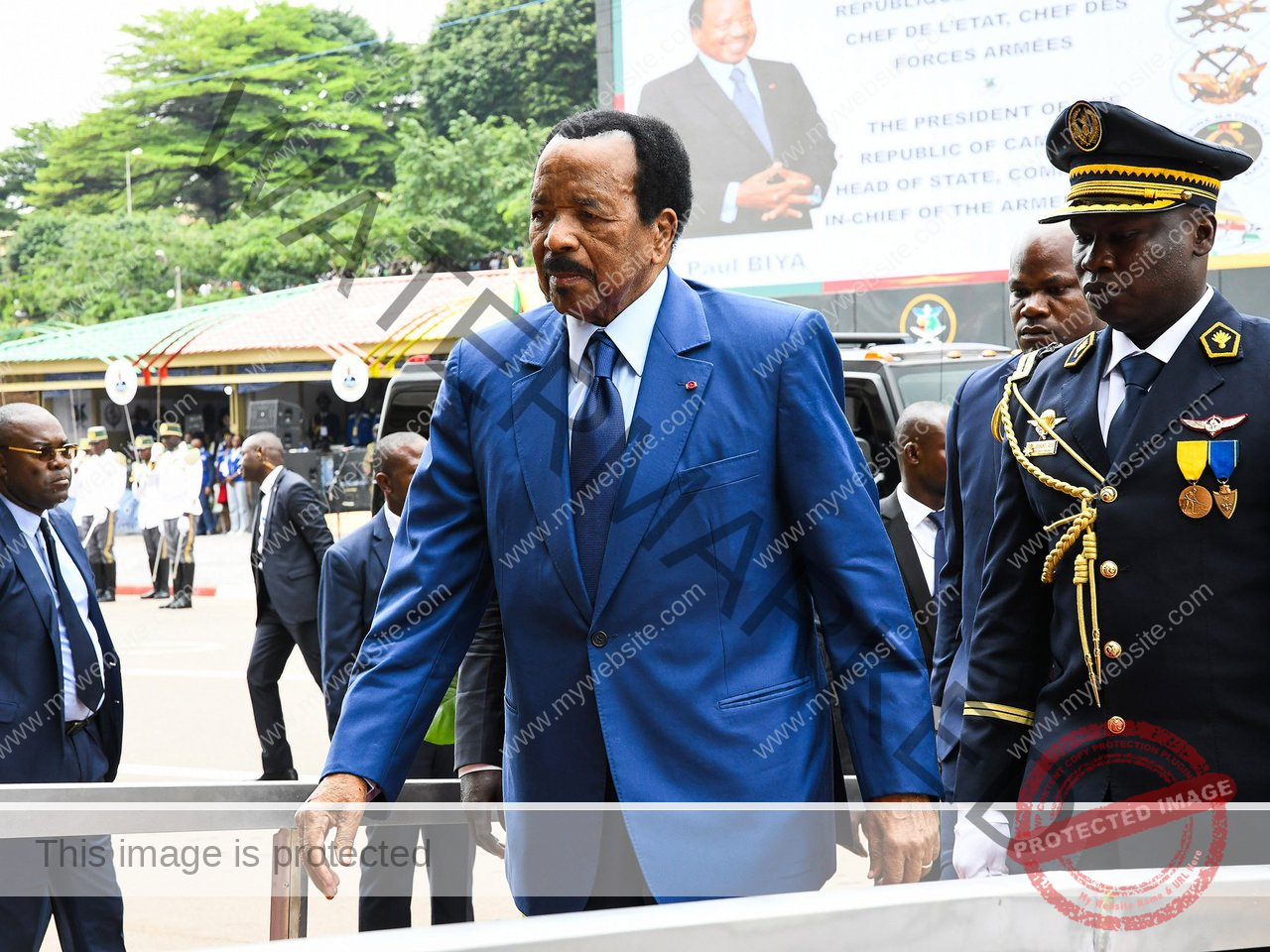
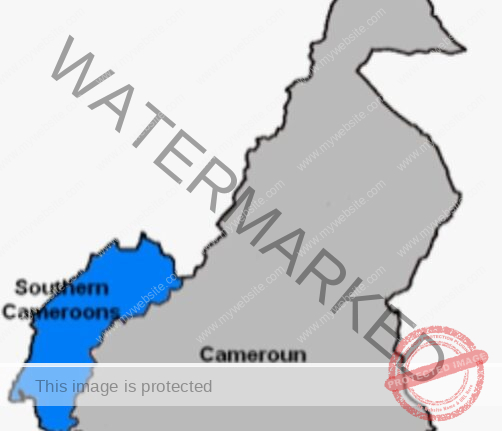


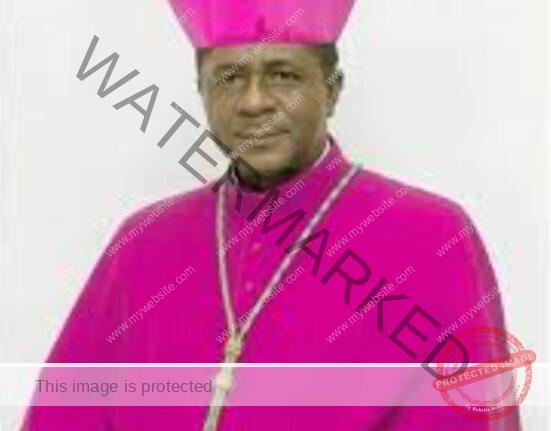
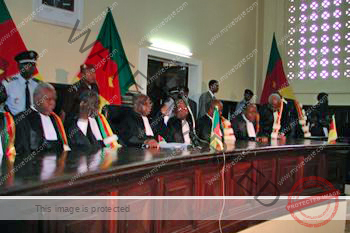
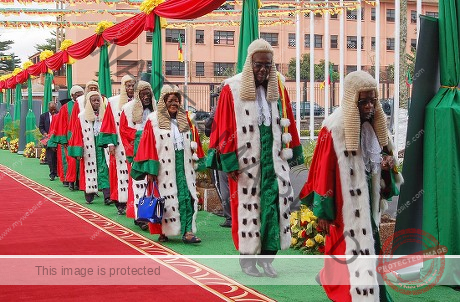

Leave feedback about this